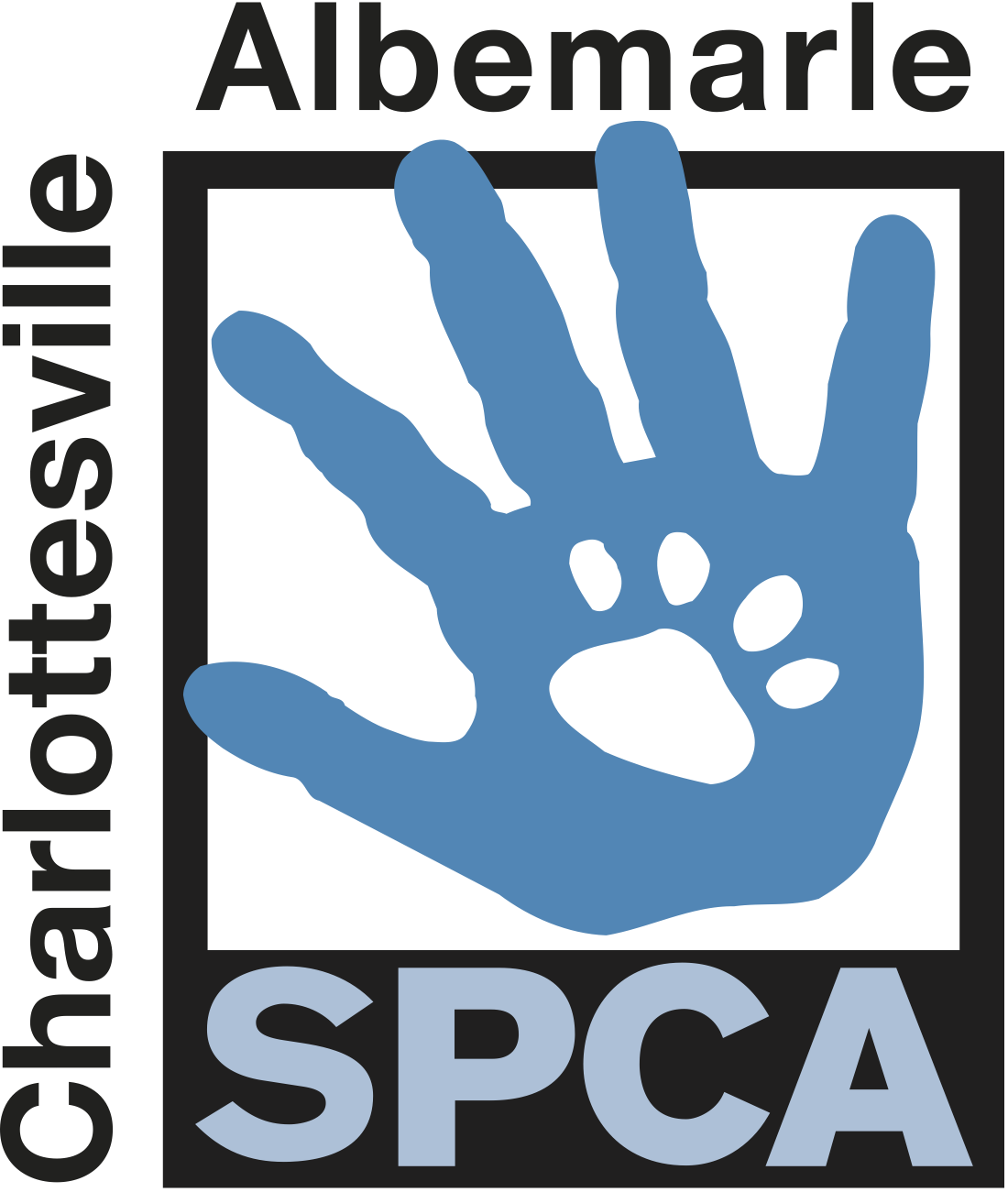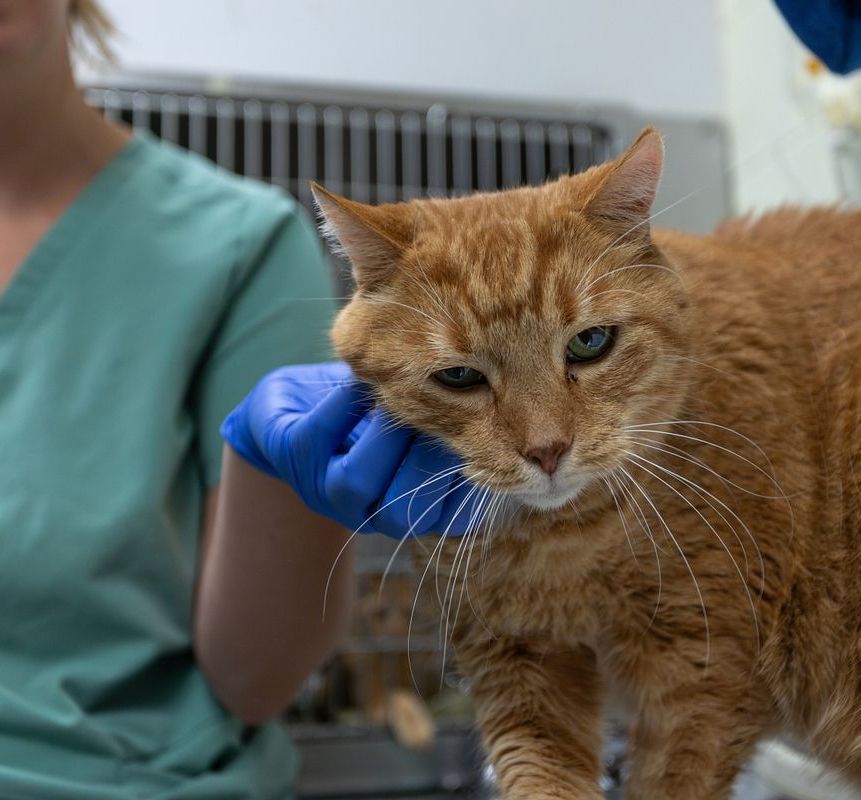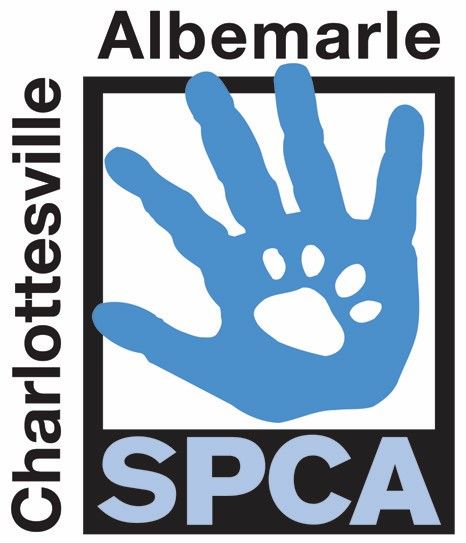Article
Mental Health Awareness Month: The Benefits of Pets
As we find ourselves in May, Mental Health Awareness Month, it’s an opportune time to explore the significant ways pets can enhance our mental well-being. Pets have long been celebrated for their companionship, but recent data underscores just how impactful they can be on our mental health. According to an American Psychiatric Association Healthy Minds Monthly Poll , conducted in partnership with the American Veterinary Medical Association, the benefits of pets extend far beyond companionship.
The Survey Shows
Pet Ownership Statistics
The survey reveals that 72% of Americans own pets, with dogs (52%) and cats (37%) being the most common. Fish, birds, and other animals make up a smaller percentage. Interestingly, 18% of pet owners have an emotional support animal, underscoring the therapeutic role pets play in mental health.
Companionship and Friendship
According to the poll, nearly two-thirds of pet owners (65%) describe their pets as offering companionship and being a true friend, while 64% appreciate the unconditional love and support their pets provide. This strong emotional bond can help alleviate feelings of loneliness and depression, fostering a sense of belonging and purpose.
Positive Mental Health Impact
An overwhelming 84% of the pet owners surveyed say that their pets have a mostly positive impact on their mental health. This sentiment is consistent with last year’s polling, highlighting the sustained mental health benefits that pets offer. The poll, surveyed 2,200 adults in early February 2024, shows that 88% of pet owners report experiencing positive mental health effects from their pets. A different study published in May of 2024, shows that walking a dog relaxes people; brushing a dog improves concentration; and playing with a pooch does both. The presence of a pet in the home provides joy, comfort, and a sense of purpose. At the Charlottesville Albemarle SPCA, we witness daily the transformative power of animals as they bring joy and support to individuals and families.
Pet Preferences
The survey also sheds light on pet preferences. About 44% of respondents identify as dog people, 15% as cat people, 30% as both, and 10% as neither. Those with dogs (85%) and cats (86%), as well as owners of emotional support animals (88%), report higher levels of positive mental health impacts compared to owners of other pets.
Is Having a Pet Right for Me?
While the benefits of pet ownership are clear, it’s important to recognize that having a pet is a significant commitment. You’ll need time, money, and energy to care for a pet. A stable home environment with routine and consistency is crucial for a pet’s well-being.
Considerations for Pet Ownership:
- Space: How much outdoor space do you have?
- Activity Level: How active are you?
- Time: How much time can you spend with your pet?
- Budget: Can you afford vet bills, insurance, food, and toys? Some charities offer low-cost vet care, but availability is limited and often based on financial need.
Alternatives to Pet Ownership
If owning a pet isn’t feasible due to financial constraints, housing restrictions, or personal health concerns, there are still ways to enjoy the benefits of animal companionship. Spending time with friends’ pets, volunteering at local animal shelters, or even fostering pets temporarily can provide the joy and comfort of being around animals without the long-term commitment.
At the Charlottesville Albemarle SPCA, for instance, you can volunteer to walk dogs, hang out with cats, and contribute to the animals’ well-being. This not only benefits the animals but also enriches your own mental health.
Conclusion
Pets offer profound mental health benefits, from companionship and unconditional love to providing a sense of purpose. While owning a pet is a big responsibility, the emotional rewards are substantial. Whether you’re a pet owner, considering becoming one, or looking for alternative ways to enjoy animal companionship, the positive impact on mental health is undeniable. This May, let’s recognize and celebrate the mental health benefits our furry, feathered, or scaly friends bring into our lives.
share this

The Charlottesville-Albemarle SPCA is a non-profit animal shelter and community resource center located at 3355 Berkmar Drive in Charlottesville, Virginia. Established in 1914, CASPCA is proud to have served our community and their animals for over 100 years.
Related Articles
Related Articles


STAY UP TO DATE
GET CASPCA'S LATEST
Receive updates, success stories, and get a heads up on upcoming events!
Contact Us





